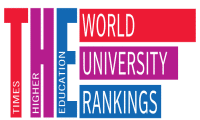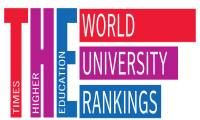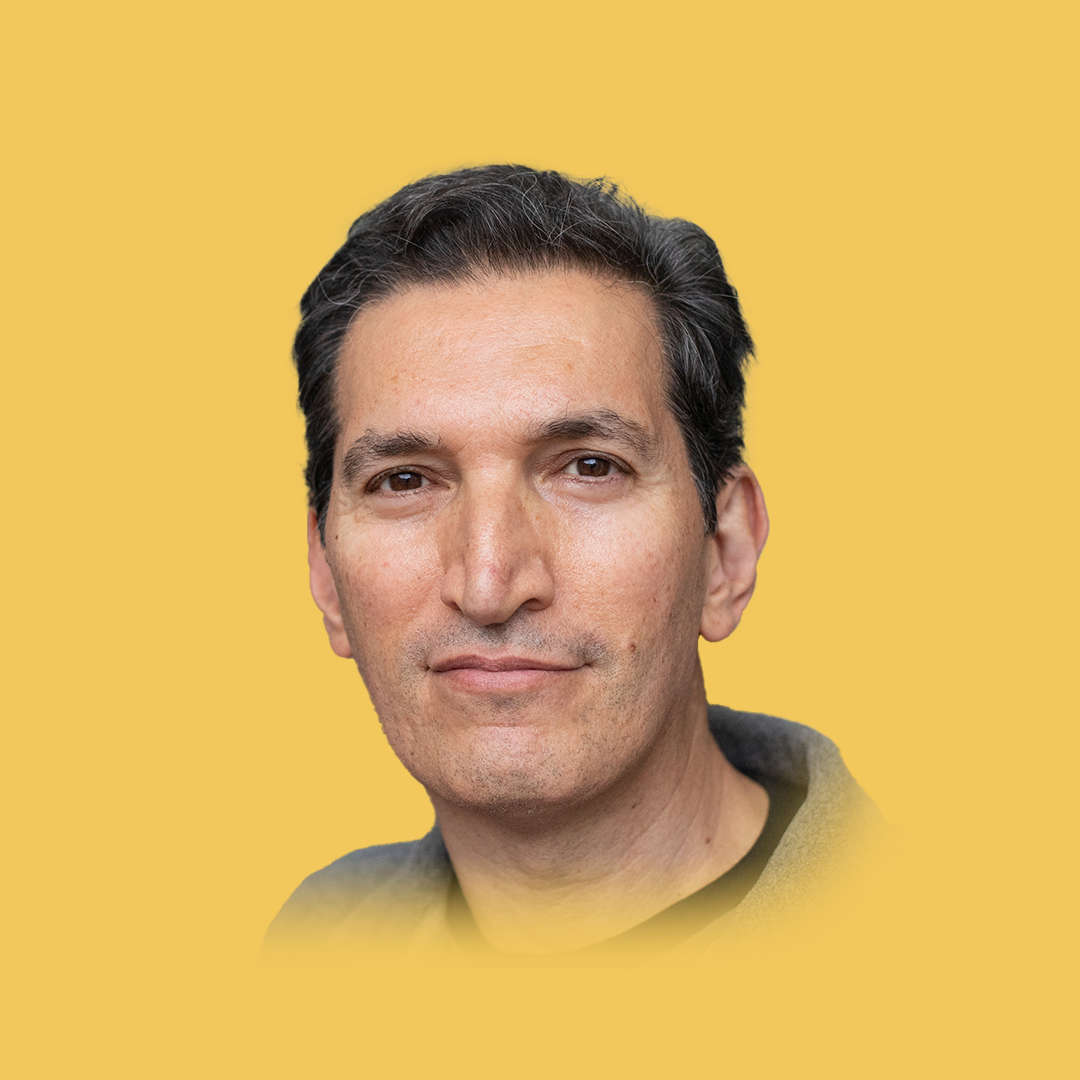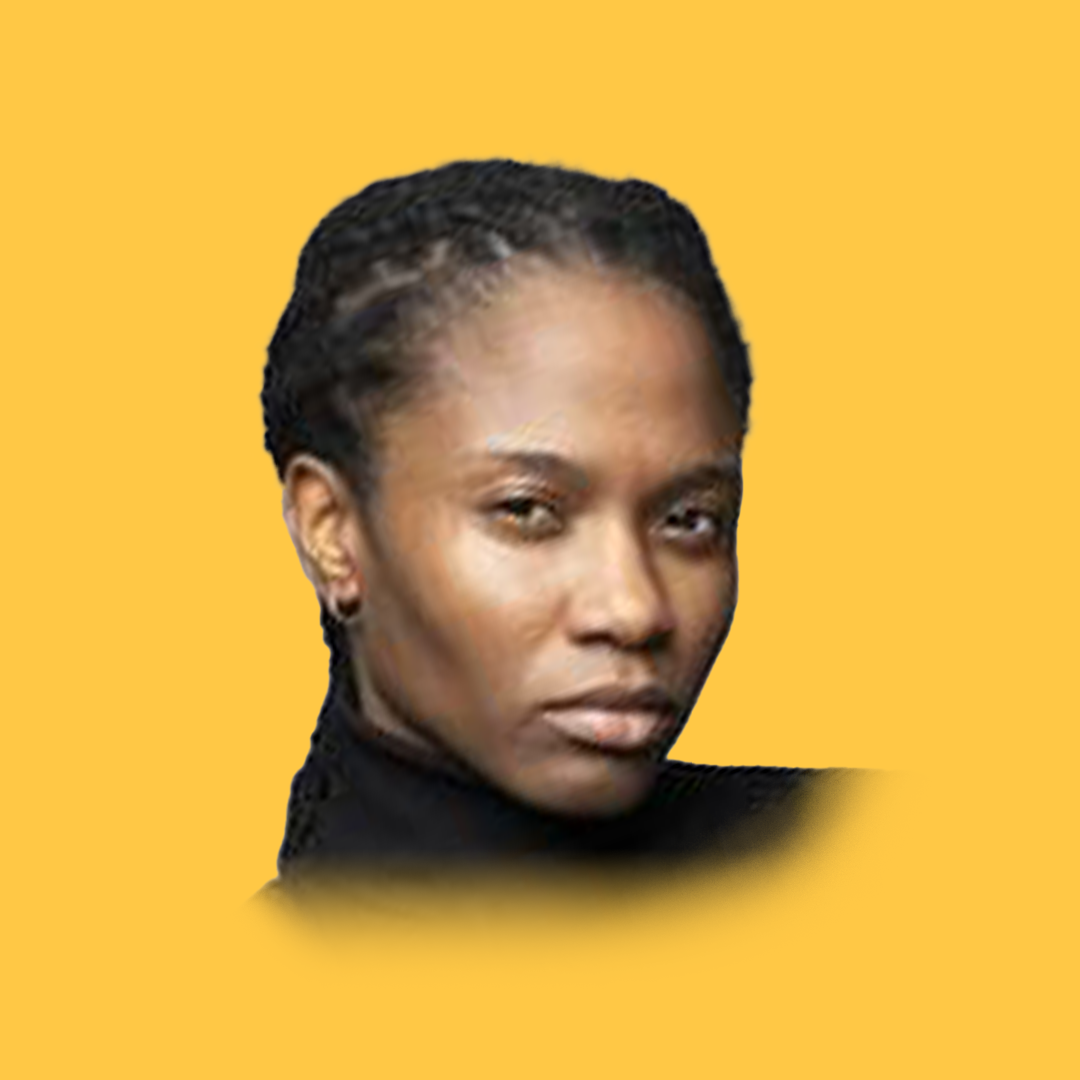
Media and Film at the University of Sussex is ranked 14th in the UK (Complete University Guide, 2021)
Talk to our Admissions Team
Enquire nowExplore the ways digital media is transforming the world and learn how to use it meaningfully to address social justice issues.
 Delivered 100% online
Delivered 100% online Taught 100% online, this flexible course offers you the opportunity to study our Media, Ethics and Social Change MA from wherever you are in the world. Designed for professionals striving to progress their career and make a real impact, you’ll graduate with the confidence to lead change and challenge the status quo.
A version of this course is also available to study on campus.
Course start dates
There are six start dates every academic year, providing maximum flexibility for our students.
January | March | May | July | September | October
Fees
Course fee: £12,240
More information on fees, scholarships and funding can be found below.
Our Media, Ethics and Social Change MA (online) offers you the opportunity to engage with the ways in which digital media is both transforming the world and is a medium for transformation. It will teach you how to use digital media in a meaningful way to bring about positive change across various sectors.
The course will explore digital media in the context of activism and social justice; how can media practice lead to social change? How can we engage in activism and achieve ethical citizenship through digital media?
You will study the intersection of three key phenomena in modern societies:
Through a combination of theoretical concept analysis and practical application, you’ll be equipped with the skills to challenge a variety of social issues faced by societies around the world.
The course is organised around three key areas:

Media and Film at the University of Sussex is ranked 14th in the UK (Complete University Guide, 2021)

The University of Sussex is ranked 42nd for Communications and Media Studies (THE World University Rankings, 2021)

The University of Sussex is jointly ranked 20th out of 101 UK institutions (THE World University Rankings, 2021)
Each module lasts seven weeks and is delivered via Canvas, a state-of-the-art online learning platform, which can be accessed by a computer, tablet or smartphone alike so you can truly study whenever and wherever you like. You can take control of your schedule by fitting the recommended 20 hours study time per week around your existing commitments and lifestyle.
In order to graduate the course, all of the below modules must be successfully completed.
This course is part-time and can be completed in a minimum of two years. You have the opportunity to step on and off the course, pausing your studies if your work or life commitments require, providing you complete the course within four years from enrolment.
The course uses multiple assessments methods to assess students’ knowledge, competence development and engagement through individual and groupwork exercises, such as written reports, simulations, essays, project reports, MCQs, and portfolios. An indication for the likely assessment methods of this module is given, though this may be subject to change.
An upper second-class (2:1) undergraduate honours degree or above from any UK university or international equivalent. You could also be considered for entry to this course with relevant professional experience and may be required to submit a portfolio of work as part of your application.
Applicants whose first language is not English (and whose first degree was not taught in English) need to supply evidence of IELTS (Academic) High level (6.5 overall, including at least 6.0 in each component).
Course fee: £12,240
Cost per module: £1,020
Fees can be paid on a module-by-module basis, or as a single fee at the start of the course. You may also consider corporate sponsorship and employer funding. Our Admissions Team will be able to assist you with next steps for this method of payment.
Course fees will remain fixed for 24 months from your initial course start date. Thereafter, the course fee will rise at a rate of 2.5% per calendar year (subject to rounding for administration purposes).
20% Alumni discount
If you have previously graduated from an undergraduate, postgraduate or PhD course with the University of Sussex you will be eligible* for a 20% discount on this online course.
*T&Cs apply.
The course has been designed to give you the broad range of skills employer’s desire; digital marketers and journalists will enhance their knowledge and use of digital platforms to reform the ways they work and bring more ethical practices to their workplace.
You will receive career-related content on our VLE and relevant web pages. As well as tailored one-to-one career consultations and workshops – delivered digitally.
With the knowledge and practical skills you’ll gain from this course, you will be well placed to take the next step in your career.
Many of our ambitious alumni are now in managerial positions in the UK and overseas at Bloomberg News, Citibank, the BBC, Yahoo! Japan, Oracle, and Fleet Entertainment Group. As a graduate from the University of Sussex, you will join a global network of alumni who continue to support and enhance each other’s development and careers long after graduating.

Course Director
School of Media, Arts and Humanities

Lecturer in Digital Media Practice
School of Media, Arts and Humanities

Lecturer in Media and Cultural Studies
School of Media, Arts and Humanities

Lecturer in Digital Practice
School of Media, Arts and Humanities
Delivered by the School of Media, Arts and Humanities this MA brings together a unique cluster of academics who are leading experts in digital media, social activism and justice, journalism, digital culture and technology.
Our research-led teaching means you’ll benefit from the latest research insights. Our academics are actively working on singular research projects while also collaborating with their colleagues and institutions globally in expert research units.
Interdisciplinarity has always been a fundamental component of a Sussex degree. The course provides both theoretical concepts and practical training for the development of media content from an interdisciplinary perspective. This involves analysing perspectives taken from media theory, sociology, journalism studies and ethics and equips you with the tools to understand the impact of media content in many different contexts.
You will produce media content that is driven by a constructive and ethical approach to the challenging social issues faced by societies around the world.
Leading academics from the School of Media, Arts and Humanities share where Sussex’s graduates are now, the importance of leading in media research, examples of their recent research projects and also what you can expect to learn on our online course.
I missed the opportunity to complete a Masters in my previous career and had always hoped to do one, one day. I have a lot of commitments at home with family and running a business. This format suits both my lifestyle and my choice of subject.